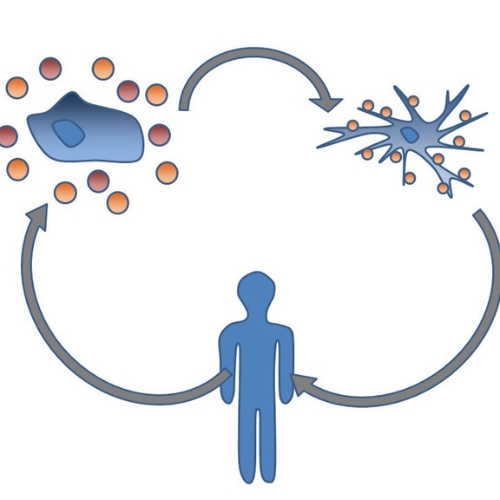Key points from article :
A superior form of killer T-cell in patients who have successfully cleared end stage solid cancer.
Dominant, successful killer T-cells were capable of recognizing multiple different cancer-associated targets at the same time.
The multipronged cells attack cancer in several ways simultaneously.
Researchers examined patients with late stage solid cancer who were given tumour-infiltrating lymphocyte(TIL) therapy.
Therapy extracts WBCs from a tumour, grows them in large numbers, and gives back to help patient kill the cancer cells.
Phase I/II trial on 31 patients showed that “a multipronged killer T-cell from a cancer survivor was substantially better at recognising cancer than a normal anticancer killer T-cell," - Andy Sewell, lead researcher.
"...could respond to most cancer types as cancers express one of the aberrant targets to be identified as dangerous and killed."
Further work on bigger cohorts of patients will be required to definitively link multipronged T-cells with cancer clearance.
Successfully predicting what a T-cell recognizes may offer the potential to greatly improve future cancer treatment.
Study by Cardiff University, published in the journal Cell.







